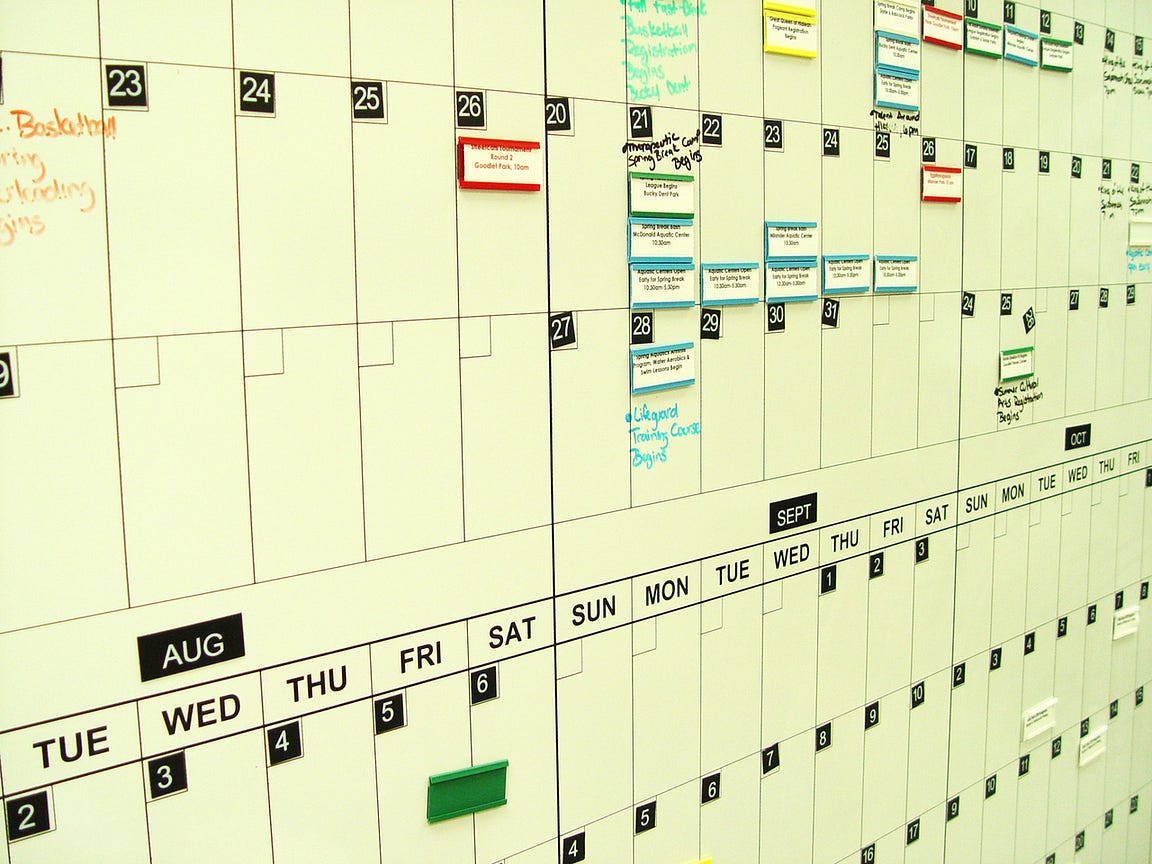
In a previous post of mine, I talked about all the reasons it’s important to start every project with a plan.
This time, I am here to tell you, be prepared to throw that plan out the window.
There will always be instances when you have the best plan, you’ve though of every risk, mitigation, and contingency, you have your sprint planned out, and then something happens and that plan is forced to be aborted!
Whether the catalyst for this change is large (a local business calls you on a Monday morning because they got hit with ransomware and you are forced to majorly pivot for several weeks) or small (an employee is unexpectedly sick for a day or two), the reason everything will be okay and not fall apart when this happens, is because you created a plan in the first place.
By creating the plan, you have all the information about projects, conflicting priorities, and resources that you need to make judgement calls and think quickly.
One of the most important qualities in these situations is to stay calm, and then start assessing the impacts of this catalyst. I find the giant whiteboard walls in our office come in handy here to plot out all our resources and priorities.
Next, we look at our original plan and quickly assess the impact this hiccup or surprise event will have. How big of a wrench will this really be?
From there, our team re-ranks the priorities, now including this event as one of those priorities and we start allocating out resources. Because our team functions relatively matrixed during our everyday projects, its easier for us to shuffle resources around. We do this to quickly triage the situation and then within a few hours, we formulate a more longer-term plan to reshuffle and to keep as much as we can on course. We try as much as possible to contain the issue that arose, as to impact as few other clients, priorities, and resources as we can.
Whether a small project that faces an unforeseen constraint or client request, or a massive and critical interruption- we plan with the expectation that things will be forced to go awry at some point. Our emphasis on planning allows us to have the data to be able to make quick and informed decisions in moments of uncertainty. We are then able to navigate those briefly choppy waters while we recalibrate and navigate our way to smoother sailing.
About the Author

Andrea DiGiacomo
COO




